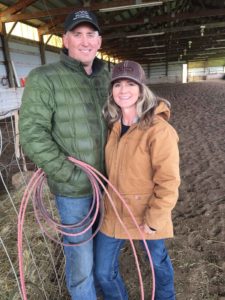California Federal District Court Rejects Challenge to MAID Self-Administration Requirement

A California Federal District Court has rejected a challenge, under the Americans with Disabilities Act (ADA), to the State's End of Life Option Act's (EOLOA) requirement for self-administration of the prescribed medicine. This case had the potential of dramatically changing one of the key requirements of America's MAID laws, by carving out a narrow exception to the requirement of self-administration, often cited by advocates as the ultimate safeguard which obviates abuse or coercion.
The challenge involved a woman, Sandra Morris suffering from amyotrophic lateral sclerosis (ALS), whose dilemma had been featured in a cover story in Bloomberg/Business Week magazine in 2020. ALS is an incurable progressive nervous system disease which destroys never cells in the spinal cord and brain, causing irreversible and progressive loss of muscle control and physical mobility. Morris qualified for Aid in Dying mediation under the EOLOA, but she faces the Hobson's choice of self administering the medicine while she is still capable but earlier than she would otherwise wish, or postpone self-administration as long as possible with the risk of finding herself no longer able to self administer the medicine as the EOLOA requires.
Morris argued that her disease had made her 'disabled' under the definition of the ADA; the ADA requires a reasonable accommodation to an otherwise facially neutral law must be made so as to allow the disabled person access to the public benefit or service. However, accommodation is not required if it would "fundamentally alter the nature or service of the service , program or activity."
The Court analysed the legislative history of the EOLOA and noted, not unreasonably, that the bedrock safeguard of the law is that the patient must self-administer the terminal comfort care medicine. The Court recognised that the requirement for self-administration is the "final protection and 'the only way to ensure beyond any doubt that ingestion is a voluntary act." He concluded that the plaintiff's redress "would significantly undermine these protections by opening a window during which there would be not way of knowing whether the patient had changed their mind."
The Court's analysis is flawless. Unlike the laws in other countries, in every state in the United States where MAID is available and in every MAID bill proposed in every other state, there is a requirement for self-administration. What we have learned from the data in Canada, BeNeLux and Australia, when given the choice, patients overwhelmingly opt for euthanasia, a fast-acting injection by their doctor. Even in a case as compelling as Sandra Morris, the cruel reality is the law cannot be refashioned to allow an exception without validating the oft-repeated canard of a slippery slope.


